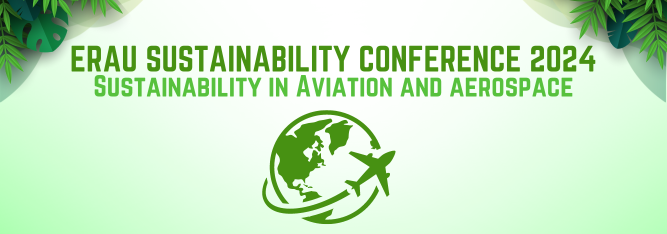
Designing Trust-Building Messages: Persuasion for Sustainable Risk Mitigation
Presentation Type
Long presentation (faculty/staff) 15-20 minutes
In Person or Zoom Presentation
In-Person
Location
Student Union Event Center
Start Date
18-11-2024 4:35 PM
Presentation Description/Abstract
Despite being largely preventable, heatwaves are the leading cause of weather-related mortality in the United States. A lack of public trust in governance institutions such as governments, federal agencies, and public health organizations limits national capacities to mitigate climate-related risks. Trustworthy sources of risk information are theorized to be more persuasive and more likely to motivate sustainable behaviors. This project enacts individual and systemic pathways to climate resilience by designing and testing effective governance messaging that combines extreme heat preparedness information with trust-building relational content to build trust in local, state, and national governments. After operationalizing a trust determination model, the study tested the persuasive efficacy of trust-building risk messaging using randomized controlled trials, finding that when controlling for political ideology, message trust condition had a significant effect on attitudes toward extreme heat risk and preparedness as well as intentions to prepare for extreme heat events. These statistical findings are contextualized as best practice recommendations for public risk communicators.
Designing Trust-Building Messages: Persuasion for Sustainable Risk Mitigation
Student Union Event Center
Despite being largely preventable, heatwaves are the leading cause of weather-related mortality in the United States. A lack of public trust in governance institutions such as governments, federal agencies, and public health organizations limits national capacities to mitigate climate-related risks. Trustworthy sources of risk information are theorized to be more persuasive and more likely to motivate sustainable behaviors. This project enacts individual and systemic pathways to climate resilience by designing and testing effective governance messaging that combines extreme heat preparedness information with trust-building relational content to build trust in local, state, and national governments. After operationalizing a trust determination model, the study tested the persuasive efficacy of trust-building risk messaging using randomized controlled trials, finding that when controlling for political ideology, message trust condition had a significant effect on attitudes toward extreme heat risk and preparedness as well as intentions to prepare for extreme heat events. These statistical findings are contextualized as best practice recommendations for public risk communicators.
